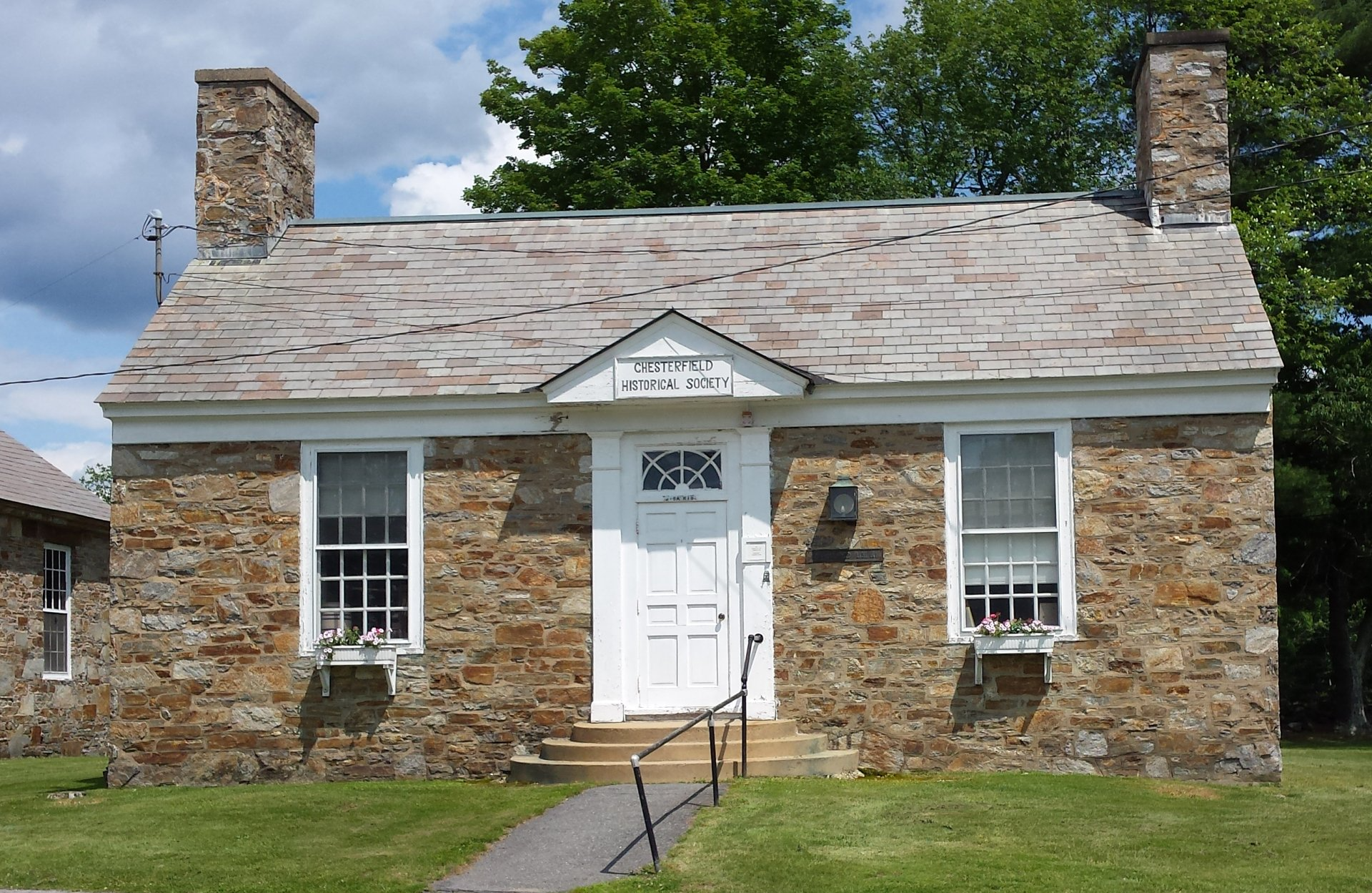New Hampshire's
Declaration of Independence Signer

New Hampshire's sole signer of the Declaration of Independence was Josiah Bartlett. Legend has it that when voting for independence on July 2nd, “He made the rafters shake with the loudness of his approval.” On July 4th, he was the first to vote in favor of adopting the Declaration of Independence, and a month later was the second to sign it, right after John Hancock.
-
Josiah Bartlett
ButtonPortrait by John Trumbull
Josiah Bartlett was born on Nov. 21, 1729, in Amesbury, MA. He apprenticed to several doctors. At the age of 21, he opened his own practice in the remote frontier town of Kingston, NH. He remained in practice for 45 years.
Bartlett became involved in politics in 1757 and was elected to the NH Provincial Assembly in 1765. He became known as a principled legislator, who, while not susceptible to the Royal Governor's pressure, was highly respected by him. Bartlett slowly became an active advocate against British oppression. When Gov. Wentworth dissolved the Royal Assembly, Bartlett became head of the illegal Committee of Correspondence, actively communicating with Sam Adams and other leading New England patriots.
Because of his ardent support for "The Cause", local Loyalists burned down his home. Undaunted, he rebuilt it on the same spot, where it still stands today.
In 1775, he was elected as NH representative to the Continental Congress. As the only delegate from his colony, he served on all the committees. A short time after voting for and signing the Declaration, he returned to NH and joined General Stark as a physician caring for the wounded from the Battle of Bennington.
-
Bartlett Home
ButtonKingston, NH
-
Josiah Bartlett
ButtonStatue in Amesbury, MA
In 1778 Bartlett returned to Congress and participated in the ratification of the Articles of Confederation, again being the first to vote for it and sign it. Later, despite the fact he was not a lawyer, he filled the offices of Judge of Common Pleas, then later as a justice on the NH Supreme Court, becoming Chief Justice in 1788.
In that same year, he became a delegate (and sometimes Chairman) to the NH Convention for adoption of the Constitution. He argued for ratification leading NH to the pivotal role of being the 9thstate to approve and thus ratify the US Constitution. In 1790, he was overwhelmingly voted in as the Chief Executive of the Council and later served as the Governor of New Hampshire (1792-4) when the title was reassigned.
Although viewed from history as a politician, he never wavered from his physician roots. He founded and was the first President of the NH Medical Society. He established a reputation for relying on observation and experimentation in the diagnosis and treatment of his patients instead of prescribing the standard medical procedures. During the Great Throat Distemper (diphtheria) Epidemic, which started in Kingston in 1735 eventually killing 114 people most of whom were children, he discovered that "Peruvian bark" would relieve symptoms long enough to allow recovery. Modern studies revealed that cinchona bark contains quinine which helps in the treatment of diphtheria and scarlet fever.
-
Tomb of Josiah & Mary Bartlett
ButtonPlains Cemetery, Kingston, NH
Josiah Bartlett died May 19,1795, and is buried beside his wife, Mary, in Plains Cemetery, Kingston. Together they had 11 children. All three of their sons became physicians, a tradition that continued down the Bartlett line. For more information on Josiah, his accomplishments, and family:





